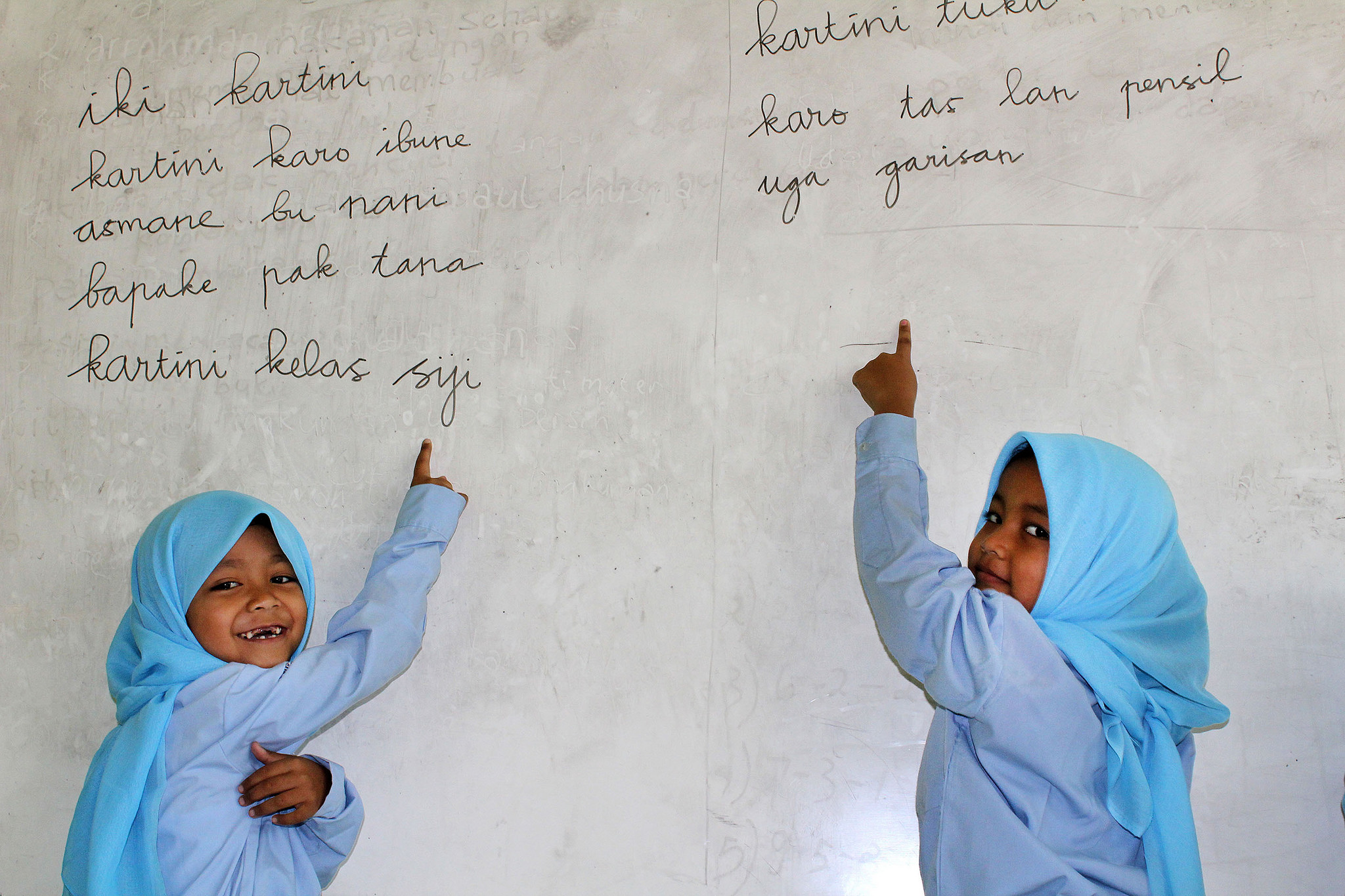
To celebrate Open Data Day 2018, we’re releasing our Lessons Learned Paper for the Data2Life. Life2Data. project
As with the previous years, we’re celebrating Open Data Day – an annual celebration of open data all over the world. We’re doing it in two ways: we’re having a Twitter Q&A (ask us your #OpenData and #DataEmpowerment questions), and we’re releasing our Data2Life. Life2Data. lessons learned paper!
In 2016, we implemented a photography project that depicted how citizens produce, consume, and use data at the local level, and validated the accuracy of data by capturing objects, people, processes, and events that data represent. For example, the state of schools, the existence of roads and bridges, the status of medical supplies—these are often contained as data in government inventories, but they can also be represented by photographs that capture these everyday situations. The project, entitled “Data2Life. Life2Data.”, was done in partnership with the Goethe-Institut Indonesien. The resulting exhibit has been shown in Yogyakarta and Jakarta, Indonesia, Madrid, Spain and Berlin, Germany.
We documented our experiences from implementing the project through a Lessons Learned Paper entitled, “Using Photography to Capture Data in Everyday Life”. The paper outlines our approach, key learnings and recommended areas for future research. This paper is particularly useful for any individual or organisation interested in looking at how to understand and capture the community stories and narratives at the intersection of data and public fiscal transparency by using photography.
As a preview, one of our project participants said about his experience from the project:
“People share information and data in diverse ways. In the villages, people do this by informal interactions, by talking among neighbours rather than by visiting bulletin boards or accessing web-based portals. I think the challenge is how to use these current practices in designing open data initiatives and build on what people are accustomed to, rather than build something entirely different.”
More insights from our partners can be found in the paper. You can also find similar resources in this section of the Lab’s website.
Follow us on Twitter @ODLabJkt to get the latest updates from us. We’ll also be sharing more experiences and lessons from our other projects in the next weeks, so stay tuned!
Leave a Reply